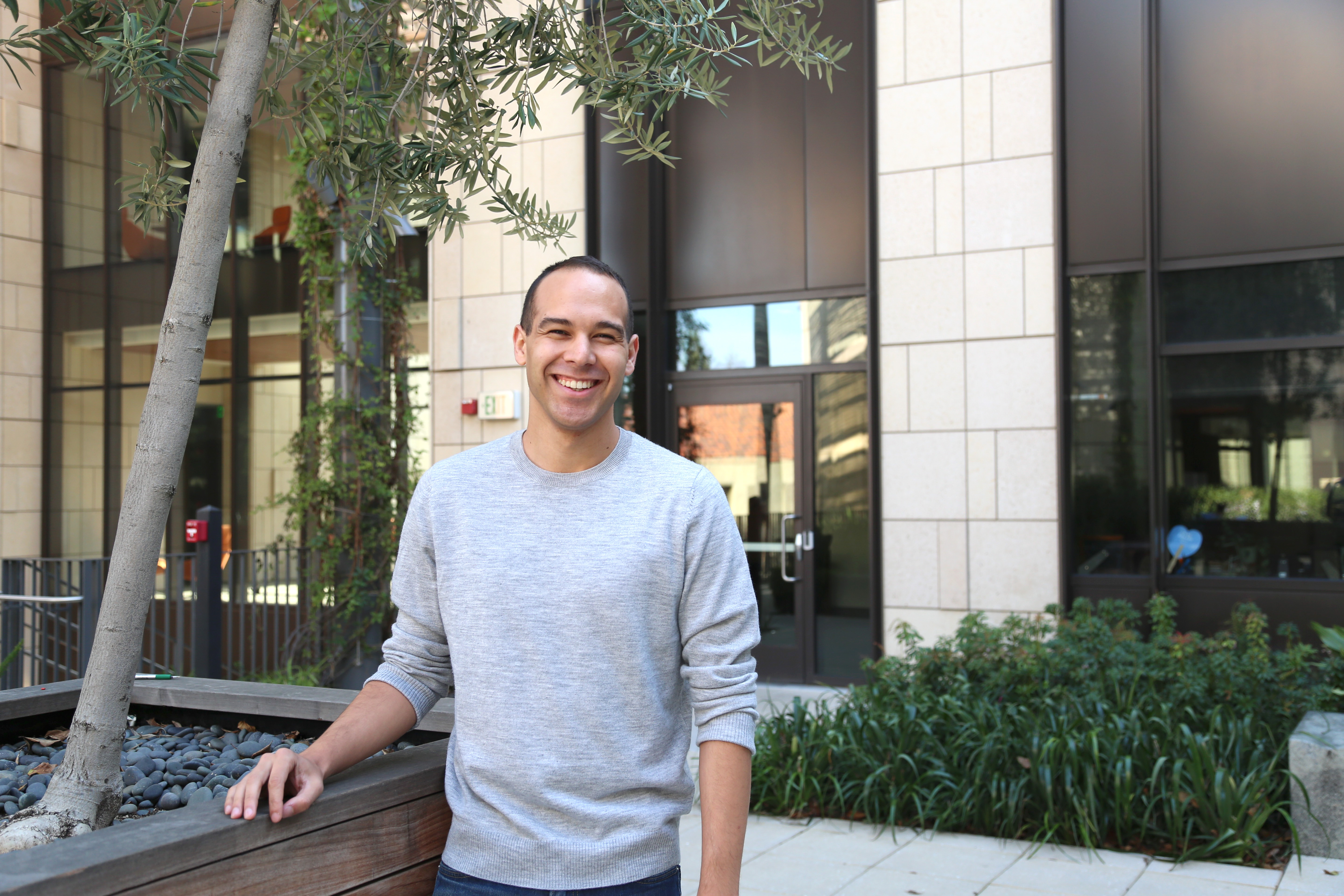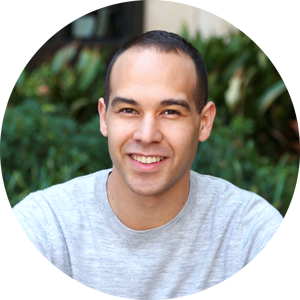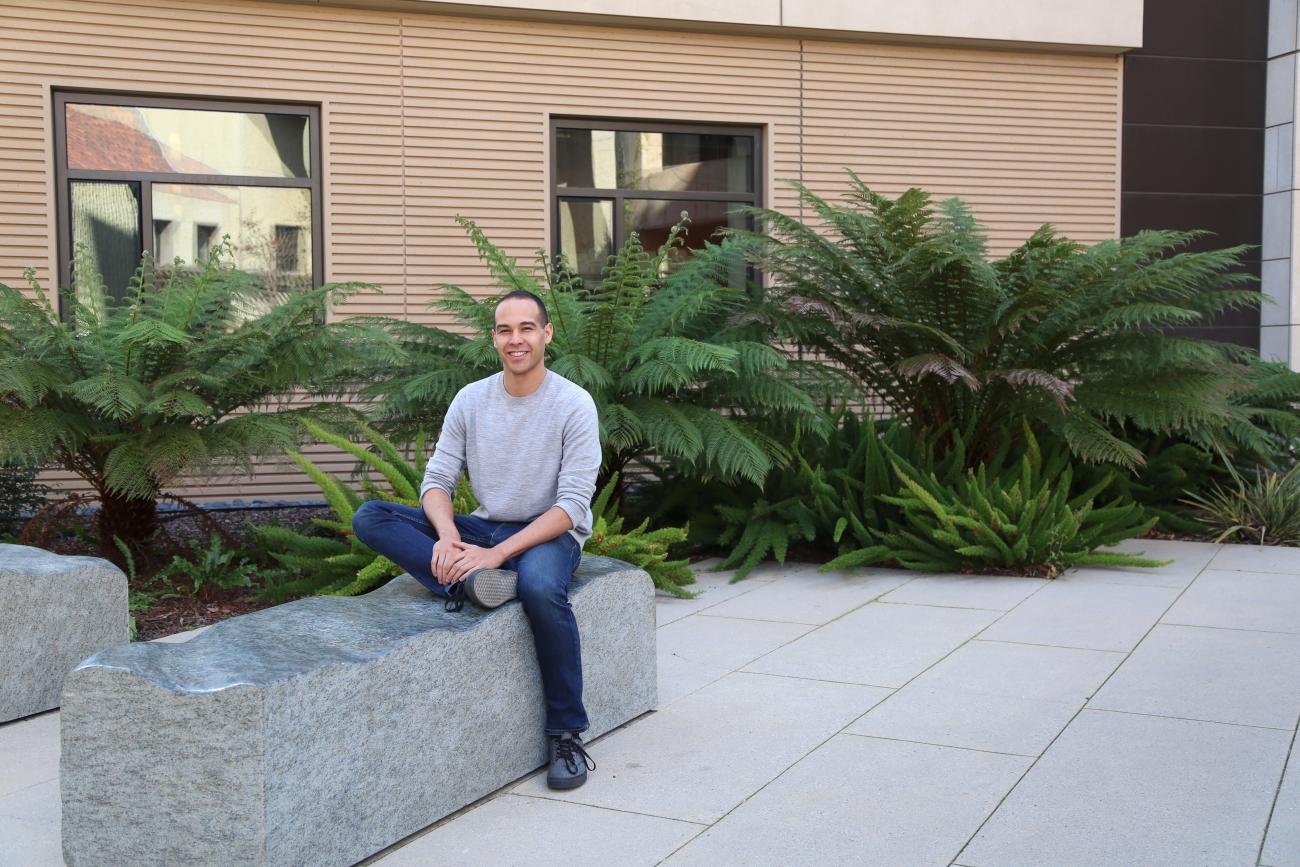
Carl Steib
What’s unusual about POLS?
POLS bridges the gap between research and practice. Most of my classes have included on-site projects with various practitioners in the area, which has made for an awesome overall learning experience.
How would you describe the other POLS students?
I’m astounded by the diversity and passion of my cohort. We all carry powerful experiences and are excited to share our beliefs with others. I feel that every interaction with another POLS student is an opportunity to learn something new.
Please tell us a bit about your favorite course.
Organizational Analysis with Dan McFarland was amazing. Professor McFarland is humorous, down to earth, and has an incredible depth of knowledge. Learning various organizational theories enabled me to reframe my own experiences as a leader in a small organization.
Where were you working before coming to Stanford?
I worked in China as the director of a high school program that prepared Chinese high school students to come to America for higher education.
Why Stanford?
No matter how you want to make an impact in education, Stanford has everything to offer. Everyone here dreams big and works hard to turn their dreams into a reality. And of course, there is no place with better weather!
What’s something fun that you do to relax?
When I need a break, I'll watch J-dramas. After briefly living in Tokyo, practicing Japanese has become one of my most enjoyable hobbies.

What are your career plans?
I'm currently looking for opportunities in education leadership. Through POLS, I've had to opportunity to hear the unique stories of so many principals and district leaders. The idea of facing this complex and challenging work truly energizes me.
Any tips for incoming students to help them get the most from their time at Stanford?
Follow your heart. The POLS program offers a wide array of resources and flexibility, so ultimately the POLS experience is what YOU make it to be. Your ideas about education will probably change, and it's okay to feel confused or conflicted about finding your role in education. Seek out new and uncomfortable experiences, spend a lot of time listening, and trust yourself.
This interview was conducted via email in February 2016.

